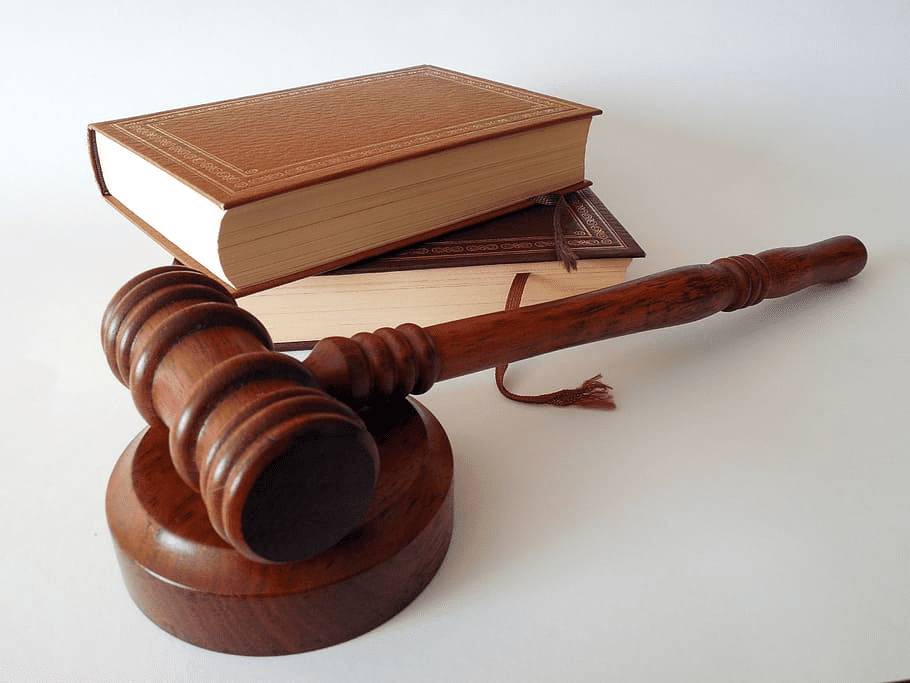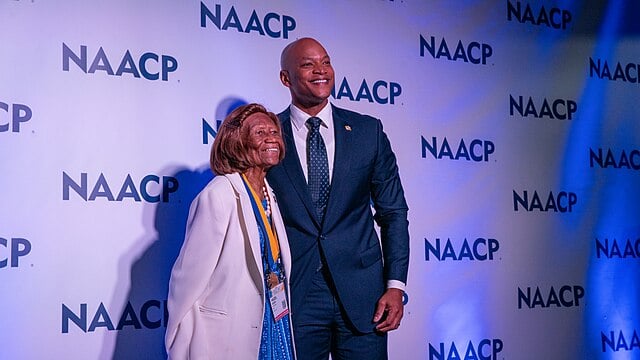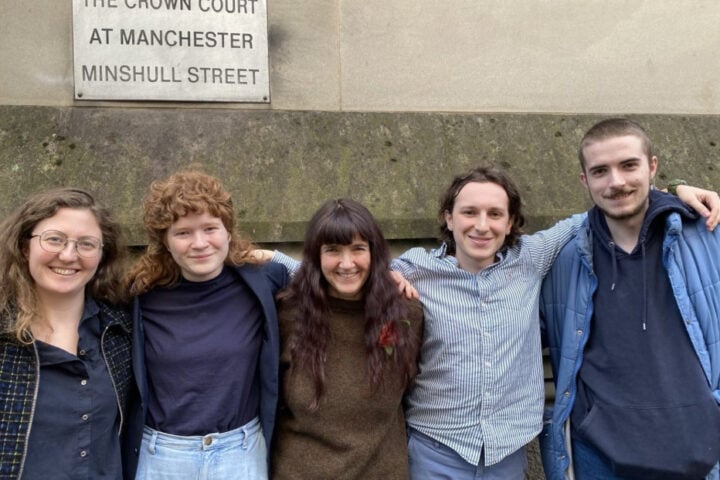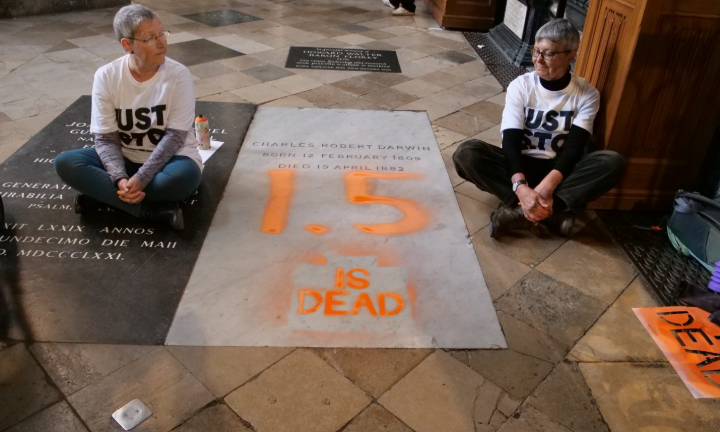The UN Environment Programme (UNEP) has reported that the total number of climate change litigation cases worldwide has doubled since 2017. In its publication, the Global Climate Litigation Report: 2023 Status Review, the UNEP identifies a growing trend in climate litigation as a crucial tool for advancing climate action and justice.
The Status Review, which draws from climate change law, policy, or science cases collated by the Sabin Center’s US and Global Climate Change Litigation Databases, updates previous reports published in 2017 and 2020. It provides an updated overview of climate change litigation and global trends.
The report serves as a crucial resource for stakeholders such as legal professionals, policymakers, researchers, activists, NGOs, businesses, and the global community. It aims to illuminate the current state of global climate litigation, delving into the significant issues that courts face in climate change cases.
Inger Andersen, Executive Director of UNEP, highlights the crucial role litigation plays in holding governments and private sectors accountable for their climate policies. Andersen asserts, “People are increasingly turning to courts to combat the climate crisis. Litigation has become a key mechanism for securing climate action and promoting climate justice.”
While the majority of cases originate in the US, climate litigation is proliferating worldwide. The report reveals that approximately 17% of these cases are now filed in developing countries. As the number of cases rises, legal precedents in this emergent field of law are increasing as well.
Similar Posts
The report sheds light on the alarming discrepancy between the required greenhouse gas reductions to meet global temperature targets and the actions governments are currently taking to decrease emissions. Michael Gerrard, Sabin Center’s Faculty Director, expressed, “This widening gap will inevitably lead more people to resort to the courts.”
The Status Review underlines notable lawsuits challenging governmental decisions conflicting with the Paris Agreement goals or a country’s net-zero commitments. It also mentions actions against corporations, including attempts to hold fossil fuel companies accountable for climate harm.
Crucially, the report shows how courts are finding a solid linkage between human rights and climate change. This connection results in enhanced protection for the most vulnerable societal groups, increased accountability, transparency, and justice, compelling governments and corporations to aim for more ambitious climate change mitigation and adaptation goals.
Finally, the report anticipates a surge in cases related to climate migration and those brought by groups disproportionately affected by climate change, including Indigenous tribes and local communities. It also foresees challenges in applying climate attribution science and an increase in “backlash” cases aimed at dismantling climate action regulations.


















